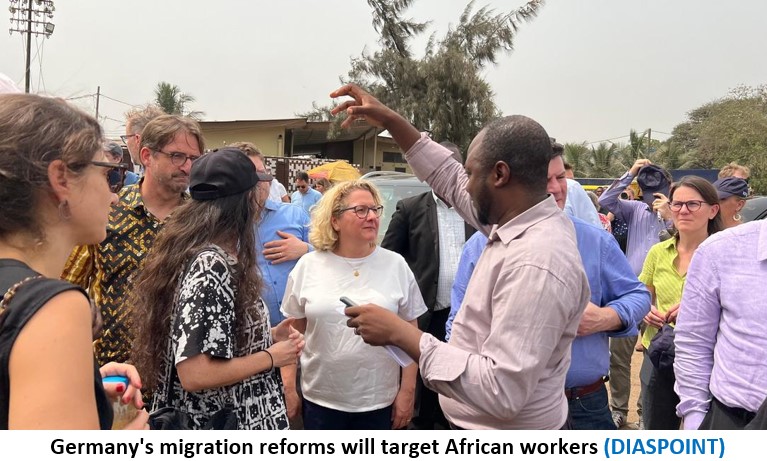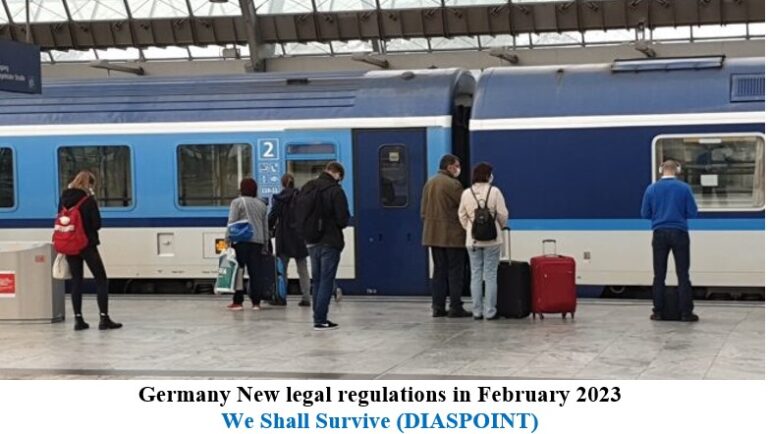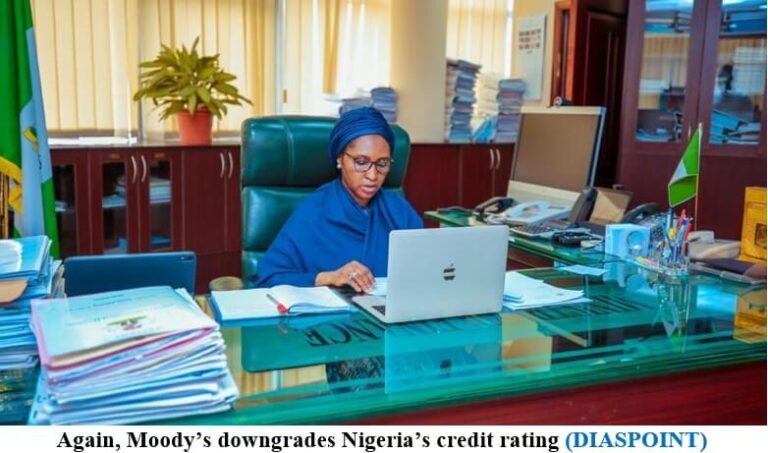Germany’s migration reforms will target African workers
Germany needs skilled labor and considers Africa a place from which to recruit. But that requires reforming its migration law to make it fair and favorable for Germany, as well as for migrants and their homelands.
The German government is expected to pass reforms to its migration law to make it easier for skilled African workers to migrate to Germany, according to the country’s Labor Minister Hubertus Heil.
Heil told DW that the migration reforms in the new anticipated law will be designed for a modern working system in Germany. He added that he expected the law to pass this year, because Germany needed to “secure the labor force in Germany” and ensure “skilled migration for the future of our country.”
It has always been difficult for African workers wishing to migrate to Germany to do so but, according to Heil, the new reforms would tackle several issues — including bureaucracy.
“The question [of] how to recognize qualification, the question [of] how fasten visa is very key to this,” he explained.
“And so Germany is a modern migration country and if we organize it very good, it’s also a triple-win situation, as I mentioned, for countries of origin, for us as an immigration country and for the labor migrants themselves.”
The average age of Germany’s population is 49 years old — compared to Ghana’s average of 19, something Heil said showed that there are a lot of young people who would look for jobs in other countries.
“Germany needs skilled migration in the future because of our demographic structure,” he said, adding that Germany must organize this in a fair manner.
Germany must not ‘weaken labor force of other countries’
But Johann Ivanov, the director of the Friedrich Ebert Foundation in Ghana, told DW that Germany must not get carried away in its quest to tackle its skilled labor deficit by putting African countries at a disadvantage.
He warned that cooperation in that regard should only be pursued for mutual benefits and not to exploit other countries.
“I believe only if both countries can benefit from it then this makes sense,” he said.
“A lot of people who work in Ghana as experts for instance in the medical sector, they rather have to stay in Ghana because there is a lack of qualified health workers in the country. Of course, there is a lack of health workers in Germany, but this is not how the relation should look like.”
He wants Germany to also find innovative ways of dealing with its labor crisis and not resort to weakening the labor force of other countries.
“Germany has to improve [its] problems by other means,” he said.
Heil and his colleague, Development Minister Svenja Schulze, are visiting Ghana this week as part of a tour that will end in neighboring Ivory Coast.
The two ministers also witnessed the opening of a Ghanaian-European center for jobs, migration and development in Accra. It was initially started by Germany but now has the backing of the EU.







